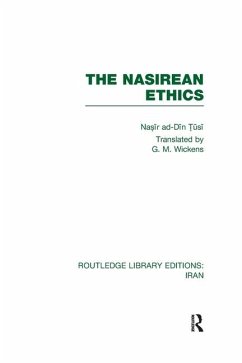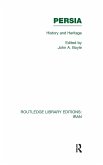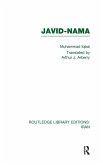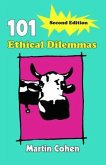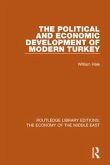The Nasirean Ethics is the best known ethical digest to be composed in medieval Persia, if not in all mediaeval Islam. It appeared initially in 633/1235 when Tusi was already a celebrated scholar, scientist, politico-religious propagandist. The work has a special significance as being composed by an outstanding figure at a crucial time in the history he was himself helping to shape: some twenty years later Tusi was to cross the greatest psychological watershed in Islamic civilization, playing a leading part in the capture of Baghdad and the extinction of the generally acknowledged Caliphate there. In this work the author is primarily concerned with the criteria of human behaviour: first in terms of space and priority allotted, at the individual level, secondly, at the economic level and thirdly at the political level.
Review of the original edition of The Nasirean Ethics: 'Provided with an excellent introduction...note...and a very useful index, this translation is doubtless the best book yet published in any Western language supplying first-hand material for future research on Tusi and his ethics.' Heshmat Moayyad, Journal of Near Eastern Studies, Vol 31, No. 3.

